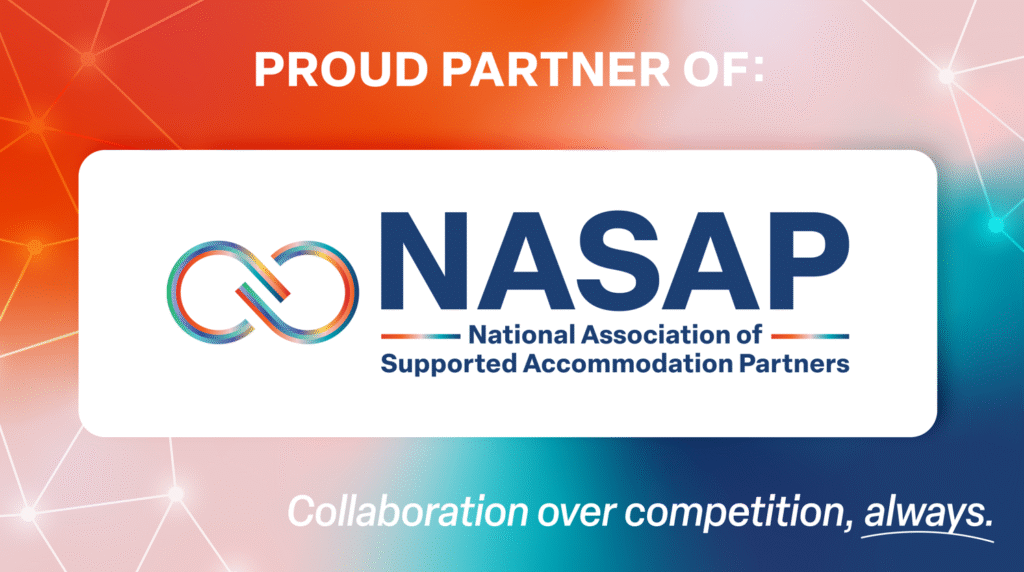Our Semi Independent living Children’s Homes cater specifically to children dealing with emotional and/or behavioural challenges, as well as mild mental disorders. These homes are uniquely tailored to provide specialised residential care and accommodation that goes beyond basic support. The primary emphasis is on creating therapeutic environments that nurture the well-being of each child.
Through a combination of group therapy, counselling sessions, and skill-building activities, our EBD Children’s Homes aim to address the unique needs of each Child. Group therapy fosters a sense of community and shared experiences, offering a supportive space for children to express themselves and learn from one another. Individual counselling sessions provide personalized attention, allowing our dedicated staff to address specific emotional and behavioural challenges.
Group Living with One Staff Member:
In semi-independent support services, young people live together in group settings with one staff member present. This arrangement allows for a degree of independence while still providing oversight and support from one of our trained support staff. The presence of a staff member ensures safety and guidance for the young people as they navigate daily challenges and responsibilities.
16-18 Provision:
The services are specifically tailored to cater to the needs of individuals within the 16-18 age bracket. This critical period marks the transition from adolescence to adulthood, and the provision of support during this time is crucial for facilitating a successful transition to independence.
Individualised Pathway Plan:
Before entering semi-independent support services, each young person undergoes the development of an individualised pathway plan by the Local Authority. This plan outlines the specific goals, objectives, and support mechanisms tailored to the individual’s needs and circumstances. It includes details on education, employment, housing, life skills development, and any other areas relevant to their transition to independence. The pathway plan serves as a roadmap, guiding the young person through their journey towards self-sufficiency.
Transition to Leaving Care Flat:
As young people in semi-independent support services approach the age of 18, they are often supported in transitioning to a leaving care flat or other independent living arrangements. These flats provide a more autonomous living environment where individuals can practice the skills they have acquired in a supported setting while gradually assuming greater responsibility for their own lives. This transition prepares them for full independence while still offering access to support services if needed.
Our semi-independent support services offer a vital stepping stone for young people as they transition from care to independent living. By providing a structured and supportive environment, individualised planning, and gradual transition to independent accommodation, these services empower young individuals to build the skills and confidence needed to thrive as they enter adulthood
Our service model is designed to provide comprehensive and individualised care for children, offering a seamless pathway that aligns with their developmental stages and transitions into adulthood. Through a holistic approach, we prioritise the well-being, growth, and empowerment of each child under our care

Placement in age supportive environments. Targeted interventions for emotional and behavioural difficulties, learning disabilities or other specific needs
Creating therapeutic environments through a person-centred approach while collaborating with external services to promote social interaction and emotional well-being in a trauma informed way.
Customised support during their transitional phase to adolescence. Guidance on self identity, relationships and personal development.
Semi-independent Living with a gradual Introduction to life skills that are crucial to independent living. Career guidance and vocational training as well as mentorship from trained staff to prepare for adulthood.
Support in securing appropriate accommodation and resources. Continued mentorship and guidance for successful independent living.
